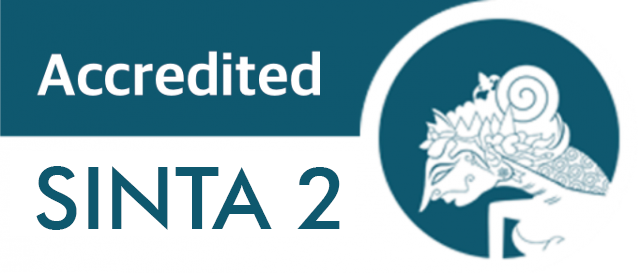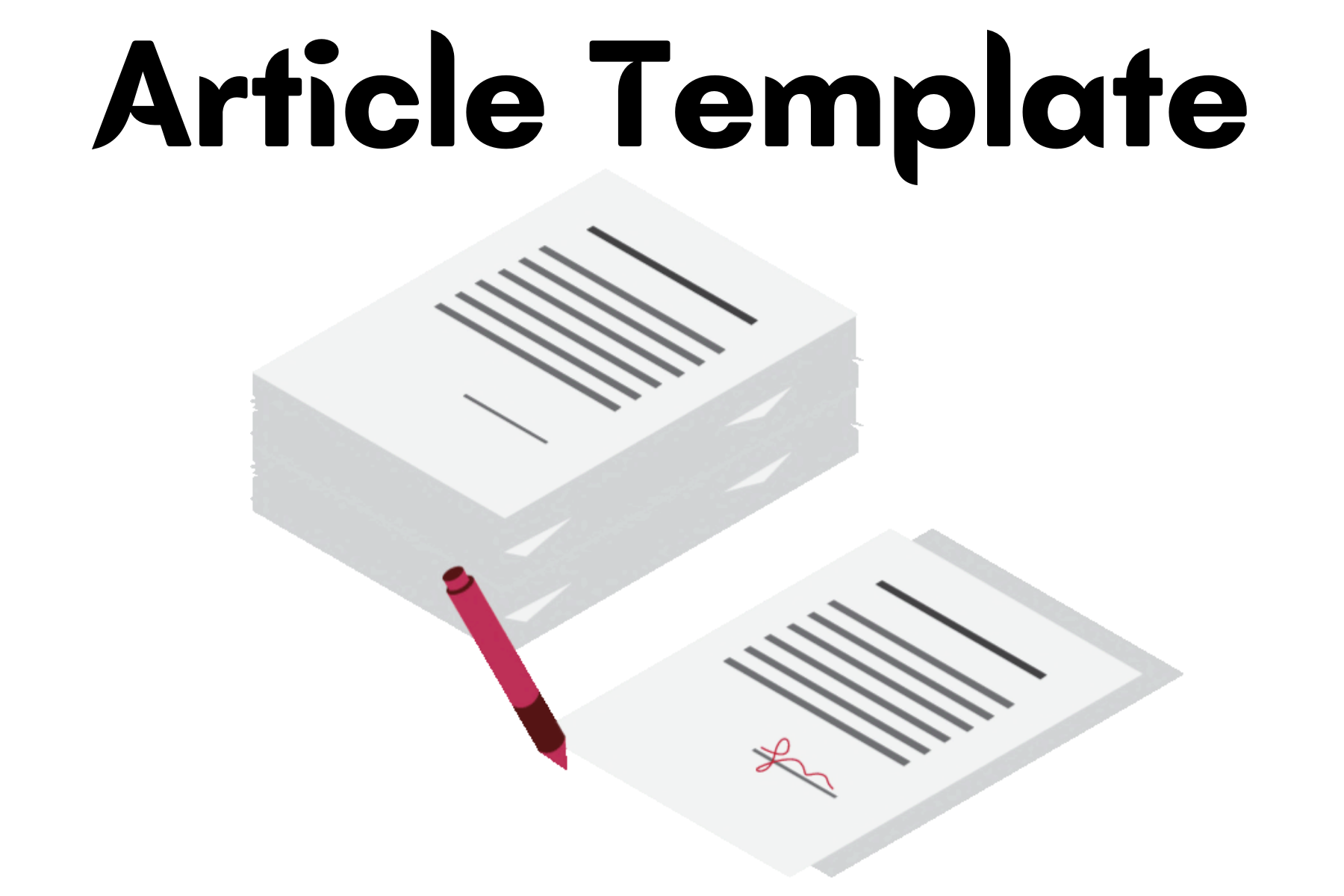Mathematical Reasoning Ability as a Tool to improve Mathematical Literacy
DOI:
https://doi.org/10.18326/hipotenusa.v5i2.565Keywords:
mathematical reasoning, mathematical literacyAbstract
Mathematical reasoning is one of the competencies needed to improve mathematical literacy. Mathematical reasoning is very influential in relation to other sciences and in daily life. This research is a descriptive research with the purpose of describing mathematical reasoning ability of Semester 1 students of Mechanical Engineering Study Program of Balikpapan University. The result of the research shows that there is a good mathematical reasoning in Mechanical Engineering 1st Semester Class A1 Academic Year 2023/2024. With good mathematical reasoning, it can be said that their mathematical literacy is also good enough. Mechanical Engineering students who have good mathematical reasoning will be very supportive in understanding other sciences, especially science in the field of Mechanical Engineering. The problems that arise in the process of mathematical reasoning of Mechanical Engineering Semester 1 students include not understanding the meaning of the problem command, difficulty starting the work steps, lack of accuracy when operating numbers, inability to use certain theories / formulas / rules in solving problems, inability to conclude answers, usually the answer only stops at the calculation result without concluding the results. For students whose achievement of mathematical reasoning ability indicators is still low, it can be helped by often practicing working on problems that require mathematical reasoning. This is one way for teachers to improve their students' mathematical reasoning skills.
References
Astuti, F. N., Yusmin, E., Suratman, D., & Dgdodk, G. S. L. (n.d.). Analisis Kesulitan Pemahaman Konseptual Siswa dalam Menyelesaikan Soal pada Materi Peluang di MAN Sanggau.
Chelsi Ariati, D. J. (2022). Kemampuan Penalaran Matematis: Systematic Literature Review. Jurnal Lemma, 8(2). https://doi.org/10.22202/jl.2022.v8i2.5745
Hardani ahyar. (2022). Metode Penelitian Kualitatif dan Kuantitatif (Cetakan pertama). Pustaka Ilmu.
Hendriana, H., Rohaeti, E. E., & Hidayat, W. (2016). Methaporical Thinking Learning and Junior High School Teachers’ Mathematical Questioning Ability. Journal on Mathematics Education, 8(1), 55–64. https://doi.org/10.22342/jme.8.1.3614.55-64
Kusmanto, H., & Marliyana, I. (2014). Pengaruh Pemahaman Matematika terhadap Kemampuan Koneksi Matematika siswa Kelas VII semester Genap SMP Negeri 2 Kasokandel Kabupaten Majalengka. Eduma : Mathematics Education Learning and Teaching, 3(2). https://doi.org/10.24235/eduma.v3i2.56
Kusumawardani, D. R. (2018). Pentingnya Penalaran Matematika dalam Meningkatkan Kemampuan Literasi Matematika. 2018. https://journal.unnes.ac.id/sju/index.php/prisma/
Pandu, Y. K., & Suwarsono, S. (2021). Analisis Kemampuan Penalaran Matematika Mahasiswa dalam Menyelesaikan Masalah Matematika Materi Limit Fungsi. 4.
Putra, I. I., & Idkhan, A. M. (2021). Analisis Faktor yang Mempengaruhi Kemampuan Penalaran dan dampaknya pada Penguasaan Kompetensi Teknologi Mekanik Siswa SMK Se-Kota Makassar.
Putrawangsa, S. (2017). Desain Pembelajaran Matematika Realistik.
Ridha, M. R., Dwipriyoko, E., Langlangbuana, U., & Gumilar, A. C. (2019). Peningkatan Kemampuan Penalaran Matematis Pada Mata Kuliah Geometri Transformasi Berbantuan Software GeoGebra.
Yuliany, N., Halimah, A., Manzila, F., & Ichiana, N. N. (2021). Analisis Kemampuan Penalaran Matematis pada Mata Kuliah aljabar Linear Elementer Mahasiswa Pendidikan Matematika Fakultas Tarbiyah dan Keguruan UIN Alauddin Makassar. Al asma : Journal of Islamic Education, 3(2), 275. https://doi.org/10.24252/asma.v3i2.23766
Downloads
Published
How to Cite
Issue
Section
License
Copyright (c) 2023 Siti Norhidayah

This work is licensed under a Creative Commons Attribution-NonCommercial-ShareAlike 4.0 International License.

This work is licensed under a Creative Commons Attribution-ShareAlike 4.0 International License.



